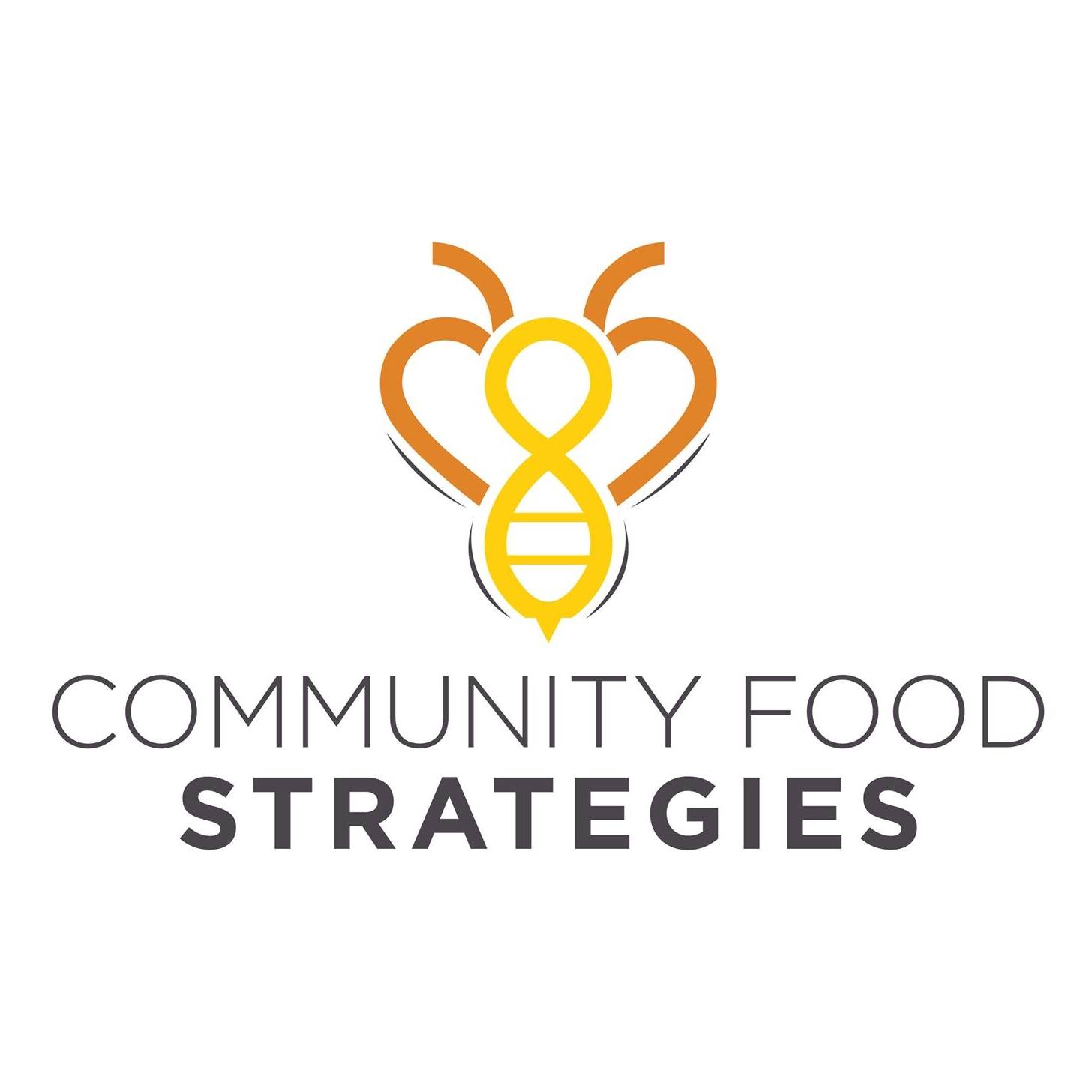
Community Food Strategies is a hub for local food councils and individuals across North Carolina who want to grow their voices through food.
They inspire connections and amplify collective action so that community voices are heard and food policy shifts toward more equitable outcomes. They envision an equitable food system that is community driven and improves the quality of life for all.
Community Food Strategies in North Carolina is a dynamic organization serving as a pivotal hub for local food councils and individuals across the state. At the core of their mission is the commitment to inspire connections, amplify collective action, and advocate for a more equitable and community-driven food system. With a vision focused on improving the quality of life for all, their work is instrumental in reshaping the narrative around food, fostering inclusivity, and empowering communities to actively participate in shaping their food landscape.
**Vision: An Equitable and Community-Driven Food System:**
At the heart of Community Food Strategies' vision is the aspiration for an equitable food system that transcends traditional paradigms.
This vision recognizes the intrinsic link between food, community well-being, and quality of life.
By placing communities at the forefront of decision-making processes, they aim to create a food ecosystem that not only ensures access to nutritious food but also contributes to the cultural, social, and economic vitality of North Carolina.
**Importance and Impact of the Vision:**
- The vision underscores the importance of equity, advocating for a food system that addresses historical disparities and dismantles systemic barriers.
- By prioritizing justice, Community Food Strategies contributes to a fair distribution of resources, opportunities, and benefits within the food landscape.
- Placing communities at the center of the food system empowers individuals to actively participate in decision-making.
- This empowerment fosters a sense of ownership, pride, and collective responsibility, leading to more resilient and self-sustaining communities.
- A community-driven food system positively impacts the overall quality of life by not only addressing basic food needs but also contributing to cultural identity, social cohesion, and mental well-being.
- Access to locally produced, culturally relevant, and sustainably sourced food enhances the gastronomic experiences of residents.
- A community-driven approach promotes sustainable practices that prioritize environmental health.
- By fostering local food production and distribution, the food system becomes more resilient to external shocks, such as economic downturns or disruptions in the supply chain.
**Strategies for Achieving Goals:**
- Engage in proactive dialogue with policymakers to influence legislation that supports a community-driven food system.
- Advocate for policies that address food equity, support local farmers, and promote sustainable agricultural practices.
- Provide resources, training, and support to local food councils and individuals to enhance their capacity to effect change.
- Foster leadership development within communities to ensure a diverse and representative participation in decision-making processes.
- Conduct outreach programs to raise awareness about the importance of a community-driven food system.
- Offer educational initiatives that empower individuals with the knowledge and skills needed to actively participate in shaping their food landscape.
- Collaborate with community organizations, local businesses, and educational institutions to create a network of support.
- Leverage partnerships to amplify the impact of collective action and share best practices.
- Conduct research to understand the unique needs and challenges of different communities.
- Utilize data to inform policy recommendations, measure impact, and adapt strategies based on evolving community dynamics.
Community Food Strategies in North Carolina stands as a beacon of change, fostering a vision that extends beyond the immediate needs of food access. Their commitment to creating a food system that is equitable, community-driven, and life-enhancing positions them as a catalyst for positive transformation within the state. Through thoughtful strategies and collective efforts, they are paving the way for a future where food becomes a vehicle for empowerment, connection, and the overall betterment of society.